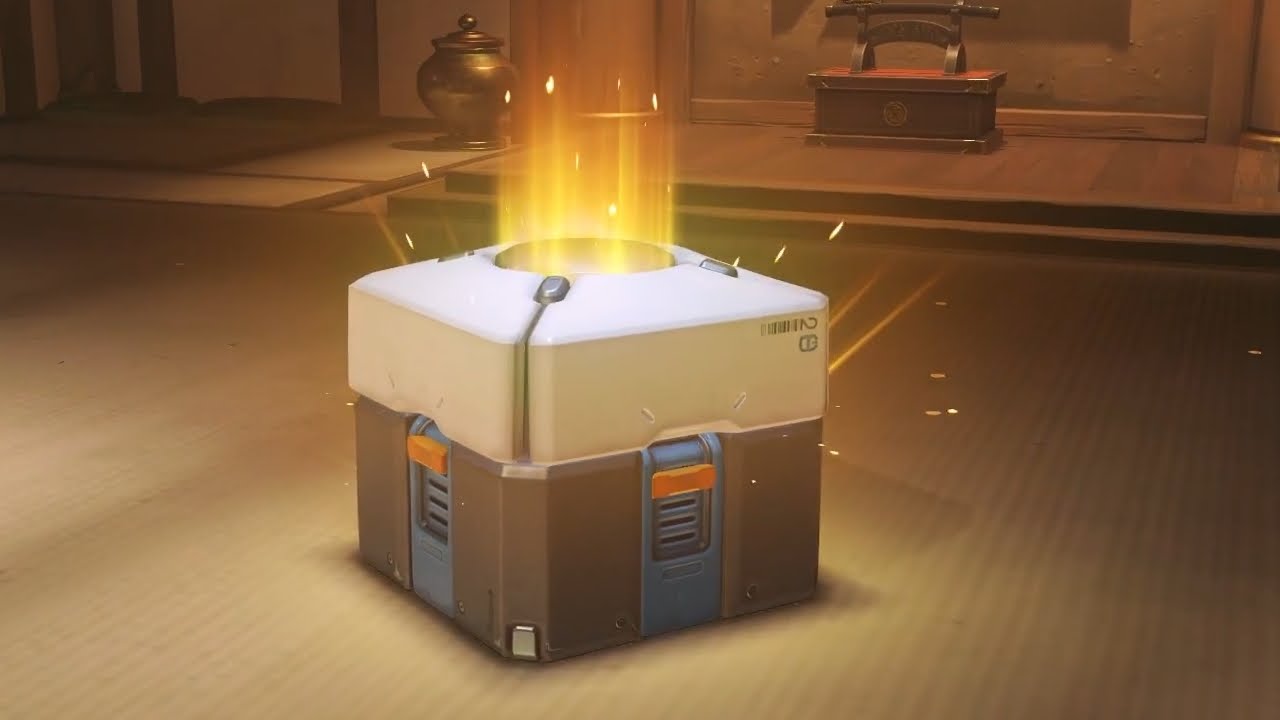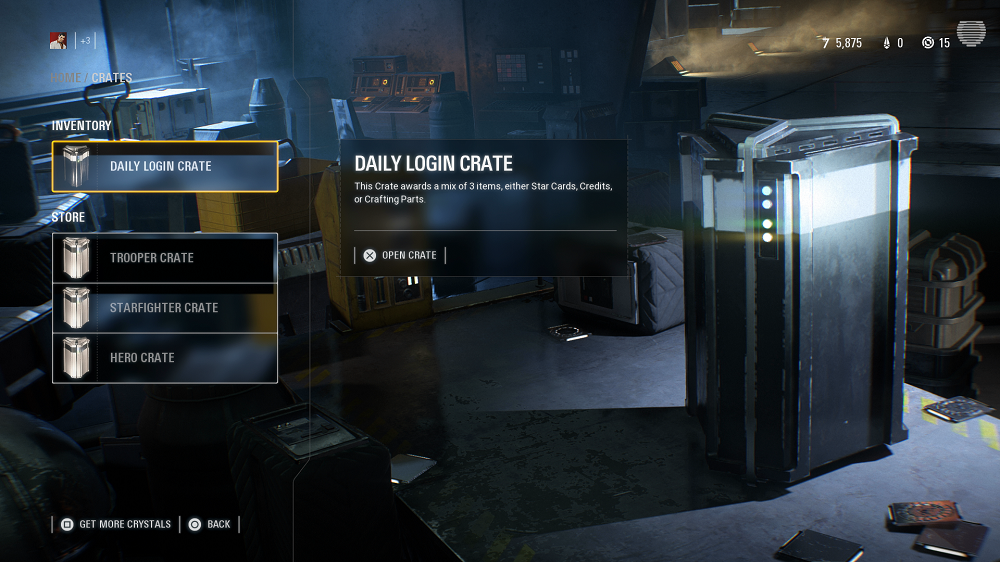Sometimes you have to pay to win, but is the cost seriously worth it? As you no doubt know, loot boxes have created some buzz for good and bad reasons. It doesn’t have to be all bad, though. At their core, loot boxes are supposed to encourage people to keep playing and provide rewards based on skill and time invested–not how much money a player can invest. But the way they are used now skews the purpose and turns games into cheap cash grabs at best.
What Is A Loot Box Anyway?
For those of you who don’t know anything about loot boxes, here is a little bit of info. Loot boxes, sometimes called loot crates, are virtual items that are used in games for upgrades and character customization. Depending on the game, you can pretty much upgrade everything, from weapons, armor, clothing, to minor things like accessories. Loot boxes have been featured in many games, with two notable examples being Overwatch and Star Wars: Battlefront II.
The Good
Loot boxes are actually very useful in multiplayer games. There is an unlimited amount of items in loot boxes, and the list is endless of what loot boxes can do for players. Providing things that improve the gameplay experience, such as upgrades or unlocking new items, and doing so without charging extra money for it provides a strong incentive for players to come back to the game. This, in turn, keeps the game alive for much longer, while keeping players happy as well. The director of Overwatch, Jeff Kaplan, says that the Overwatch team monitors and re-evaluates their loot boxes to make sure the players are satisfied. Some loot boxes can be earned without spending money, which makes loot boxes much more addictive to players, without being a source of harm, unless you count sinking a ton of hours into the game harm.
Then there are cases where loot boxes or crates don’t provide anything vital to the game itself. Aesthetic things like dice skins or an accessory for a character are fun, but don’t affect gameplay, as was the case with Armello. With these kinds of loot boxes, it’s more a case of giving players the option to spend a little to support the game developers, get something in return, and still keep everyone on the same level.
The Bad, Bad, Bad…
But most people end up focusing only on the bad aspects of loot boxes. Why? Well, what started out from play to win has now turned into pay to win. Take EA’s Star Wars Battlefront II, for example. There has been a lot of discussion about how this game was very disappointing Star Wars fans, and gamers have voiced their opinion that this series has to be moved away from EA. One of the main reasons behind the disappointment and strong views is the controversy surrounding its loot boxes.
EA made a few changes to the system, but the main problem hasn’t changed. If you want to upgrade your characters and unlock some of the best gear, you’ll have to pay–pay for the random chance of getting what you need or want. That creates a scenario where people with more money naturally get more of a chance to upgrade their characters, and everyone else is left out. In a multiplayer driven game, that’s a problem, since it discourages people from coming back to the game. Some gamers naturally find this even more frustrating due to the fact that you have to pay a hefty sum of $60 for this game to begin with, and then pay even more just to have a chance at success.
Then there is the recent conflict over loot boxes should be viewed as gambling–and for good reason. Basically, you are willing to pay a lot of money to get random items that might be rare. Just like a slot machine, you place a bet, of sorts, on how much you want to spend and pay the game to see if you win anything valuable. Sometimes, the player may get duplicate items, which is yet another major downfall of loot boxes.
Most gamers would complain about this, but many directors do what they can to provide a good game experience. Even though Overwatch had problems with the boxes, they never made the regrettable decisions that EA had. EA uses loot boxes to create profit–not even trying to hide the fact–instead of thinking about what gamers would want. Creating addicts from loot boxes is no way to gain profit and retain players. EA has lost over 3 billion dollars of shares because of this. Not only was the game disappointing, but it cost this company so much money.
Conclusion
Loot boxes can be a great asset for players and companies, but they are not being used responsibly at present. Making a profit isn’t a bad thing, since that’s what companies are in business for. Hopefully, in the future, other developers will face the kind of backlash EA did and realize that they need to keep the players’ wants in mind, along with their quest for profit.
Voice your opinion on how you feel about loot boxes below, and thanks for reading!









Published: Dec 2, 2017 11:45 am